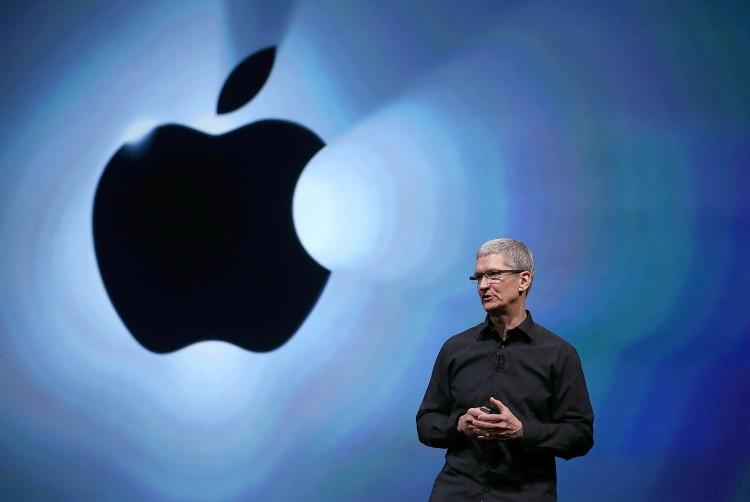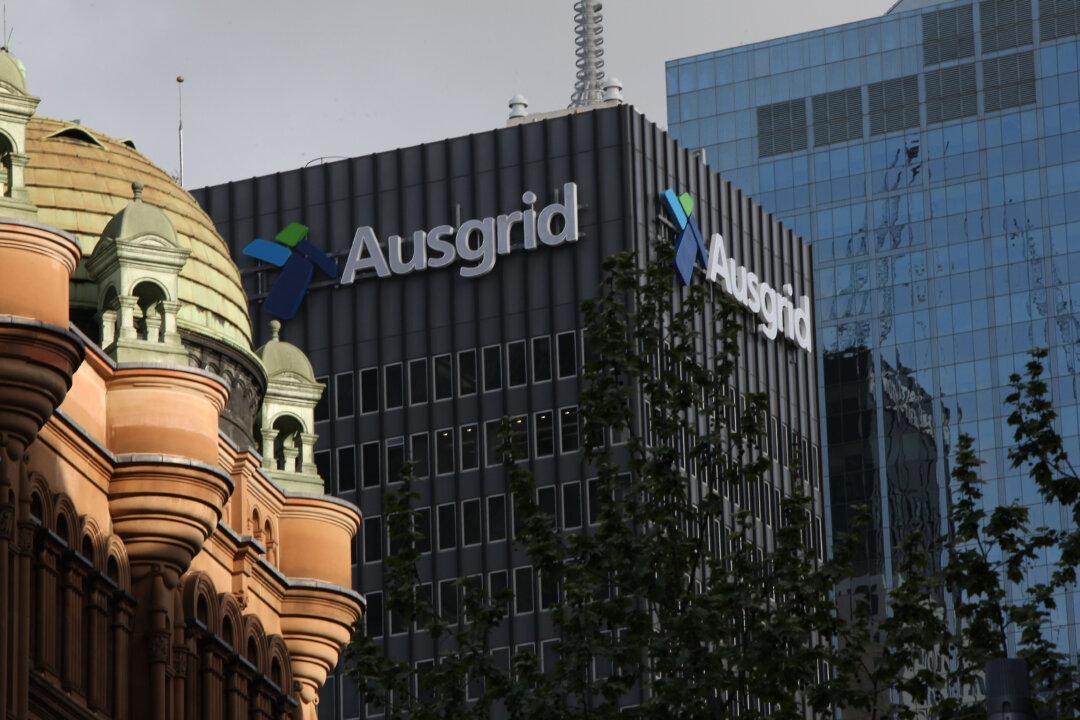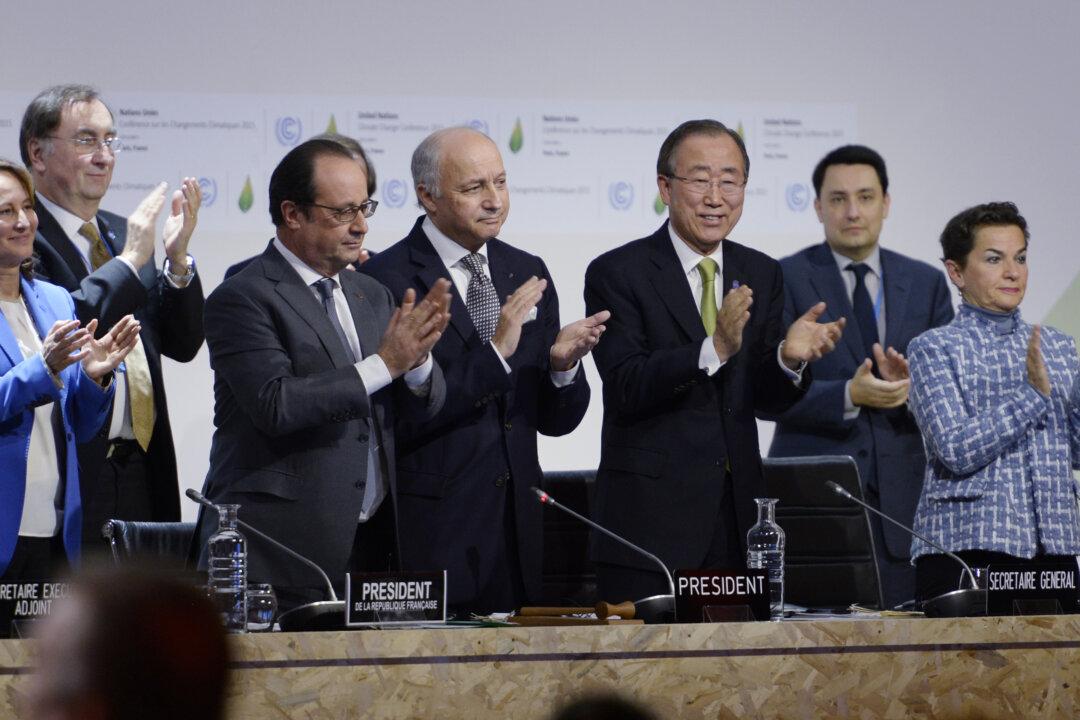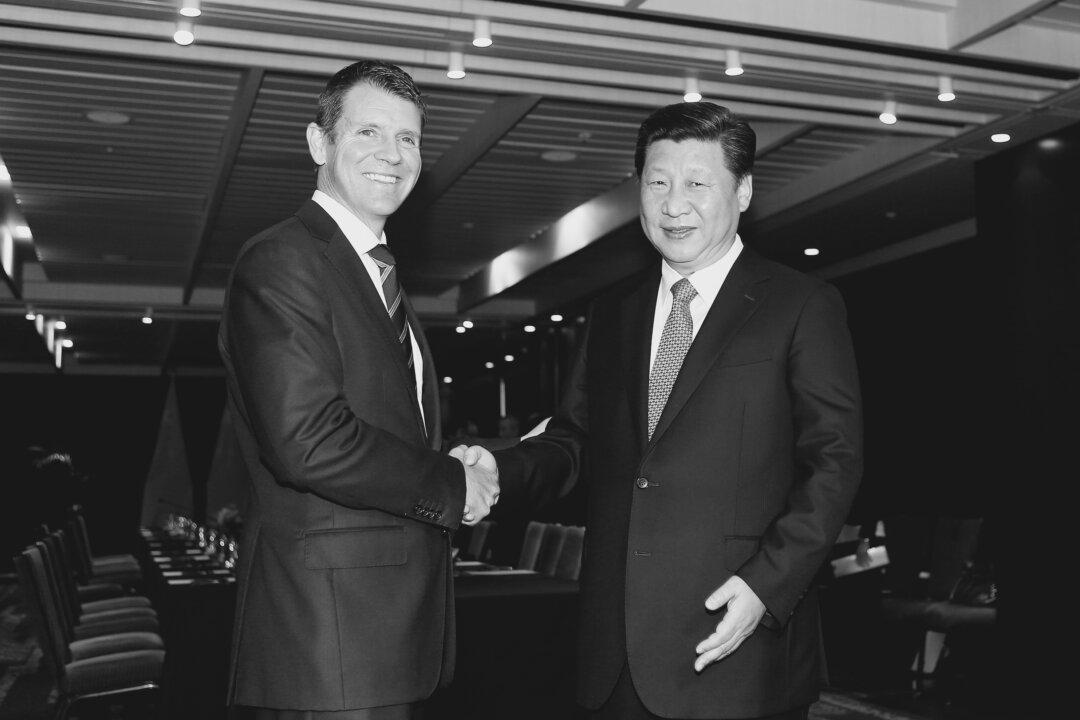Apple issued an apology Monday directed to Chinese consumers over its shorter warranty policy, following two weeks of media attacks by the communist regime.
CEO Tim Cook made the apology via Apple’s Chinese website, saying the iPhone 4 and 4S repair policy is being improved, along with the warranty explanation, and customer service.
“We are aware that, due to lack of external communication, there is speculation that Apple’s attitude was arrogant, inattentive or indifferent to consumer feedback,” Cook wrote. “We express our sincere apologies for any concerns or misunderstandings this caused consumers.”
Cook’s apology came straight after a report by the Communist Party’s mouthpiece, People’s Daily, saying the tech giant is facing “enhanced legal supervision” in China. The piece said Apple was guilty of “unparalleled arrogance,” and repeated the demands of a state-backed consumer group’s that Apple “sincerely apologize to Chinese consumers,” and “thoroughly correct its problems.”
The media pressure started on March 15, when Apple was targeted on China Central Television’s annual consumer exposé. The show claimed that Apple’s after-sales service in China is the worst in the world, and was quickly followed by supporting comments from several Internet personalities on their Weibo microblogs.
Netizens were quick to point out, however, that the celebrities may have been enlisted to promote the show, because a Taiwanese television celebrity, known to be a spokesman for rival manufacturer Samsung, blogged the timing instructions for his message by mistake.
The motivation for the attacks remains unclear, but common themes being discussed online range from a failure to please elite officials, a retaliation for U.S. restrictions on Chinese firms like Huawei, a move to assert more domestic control over China’s cellphone market, or even an entirely new approach to foreign companies by the new Party leadership.
China is currently Apple’s second largest market after the United States. Citigroup analyst Glen Yeung noted to clients Monday that the “anti-Apple propaganda” could impact the company’s market share in China, drawing a comparison to Hewlett-Packard’s losses in 2010, when it was similarly targeted. He said that Apple could lose as much as US$13 billion in sales.




